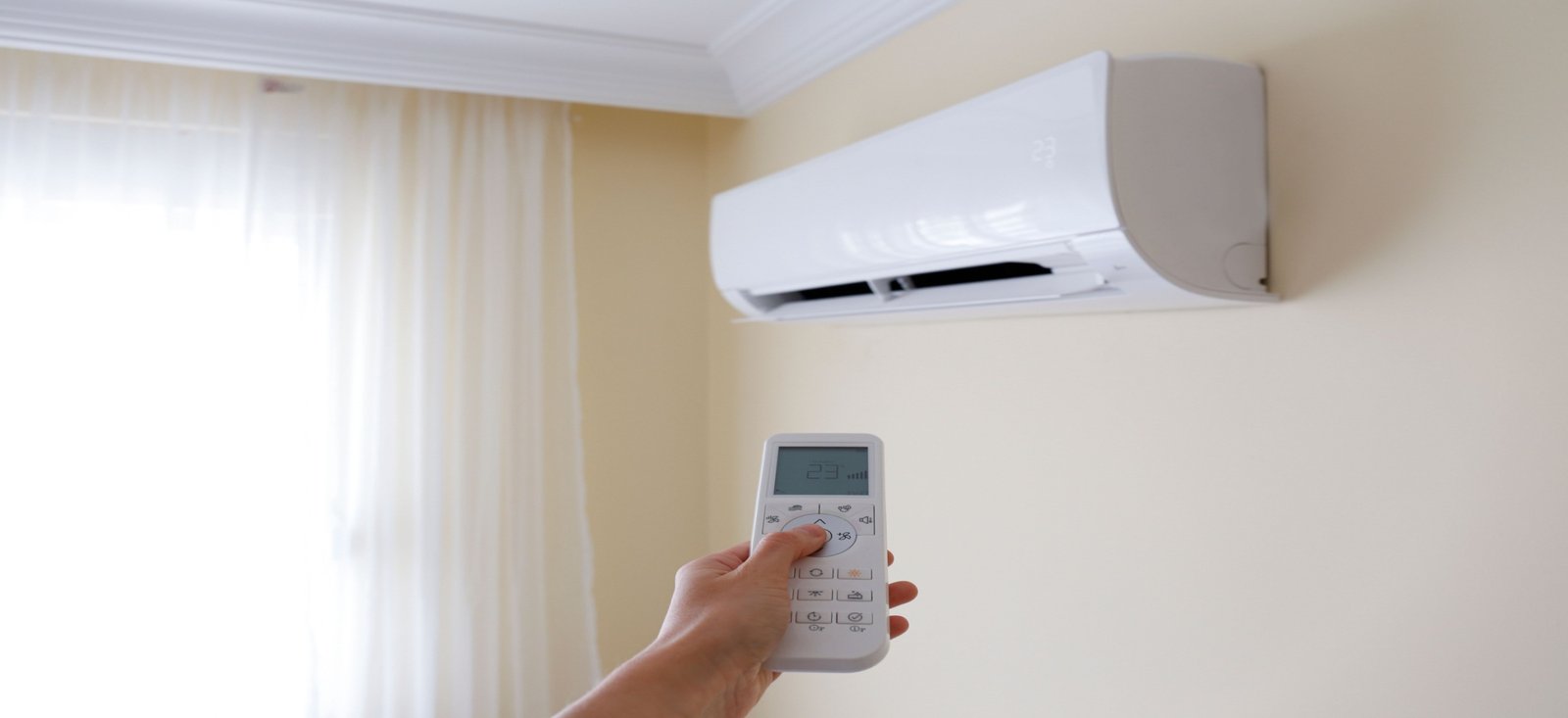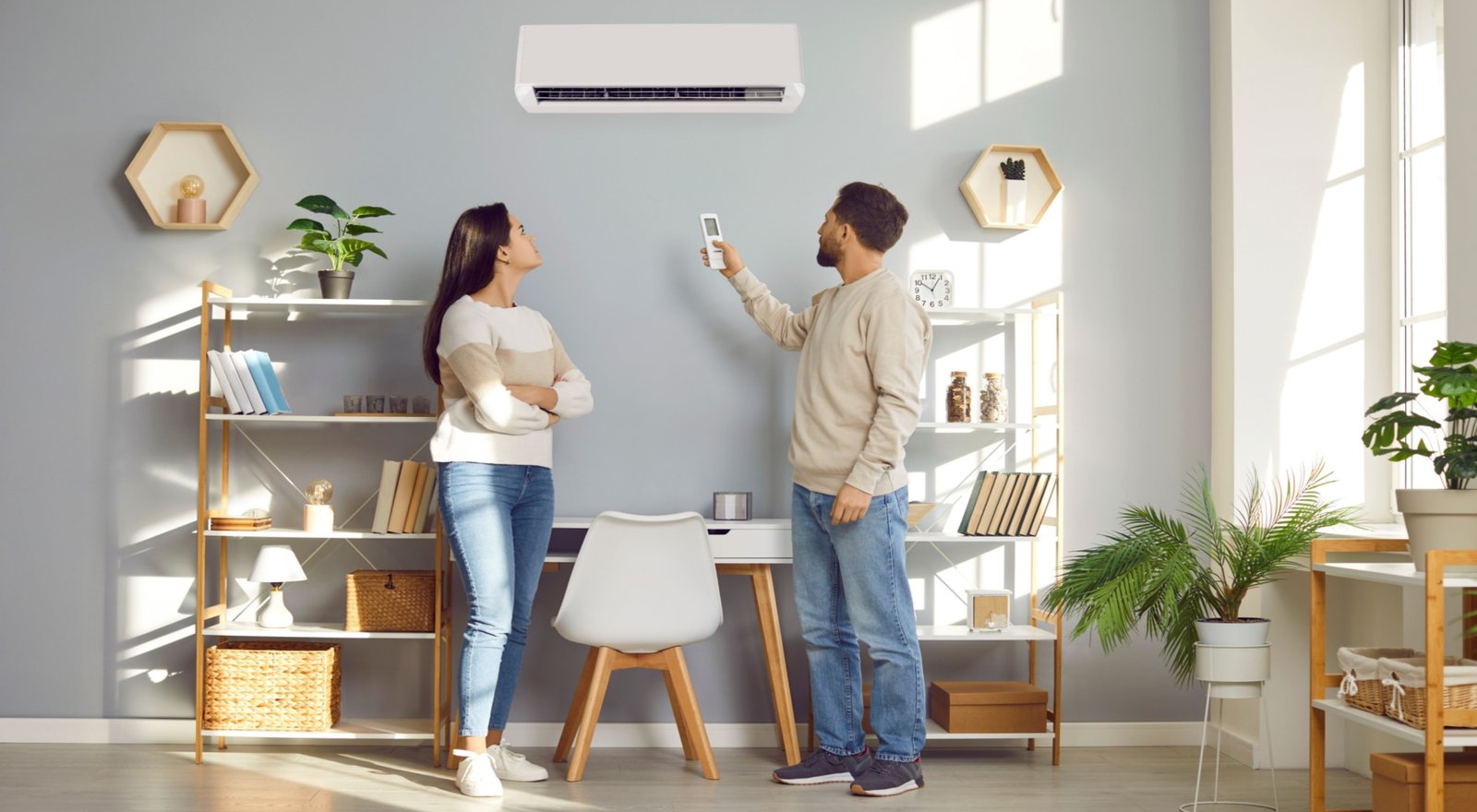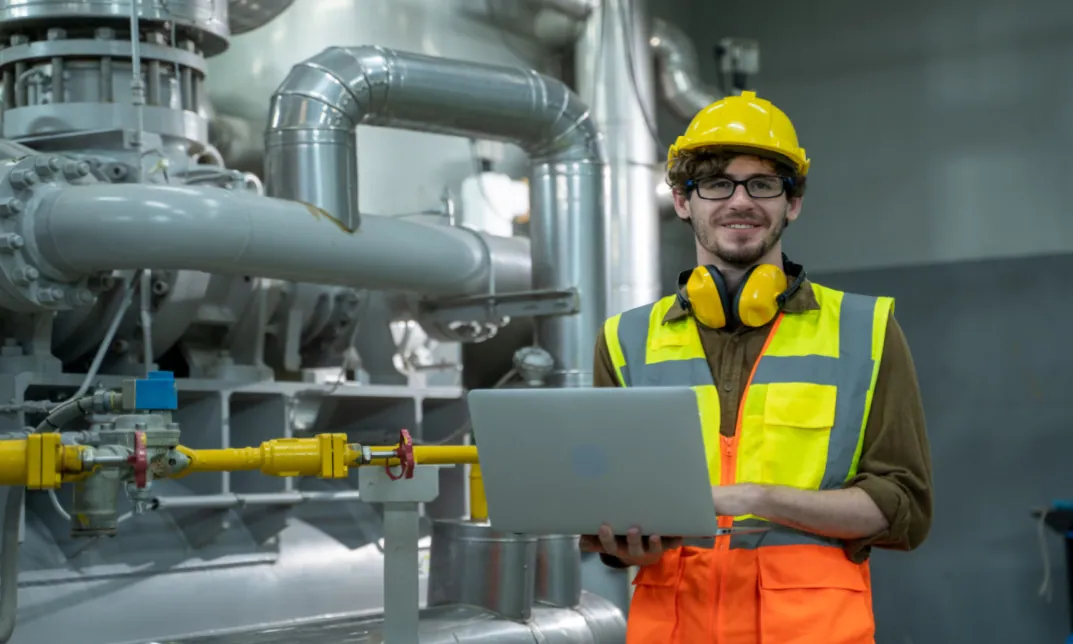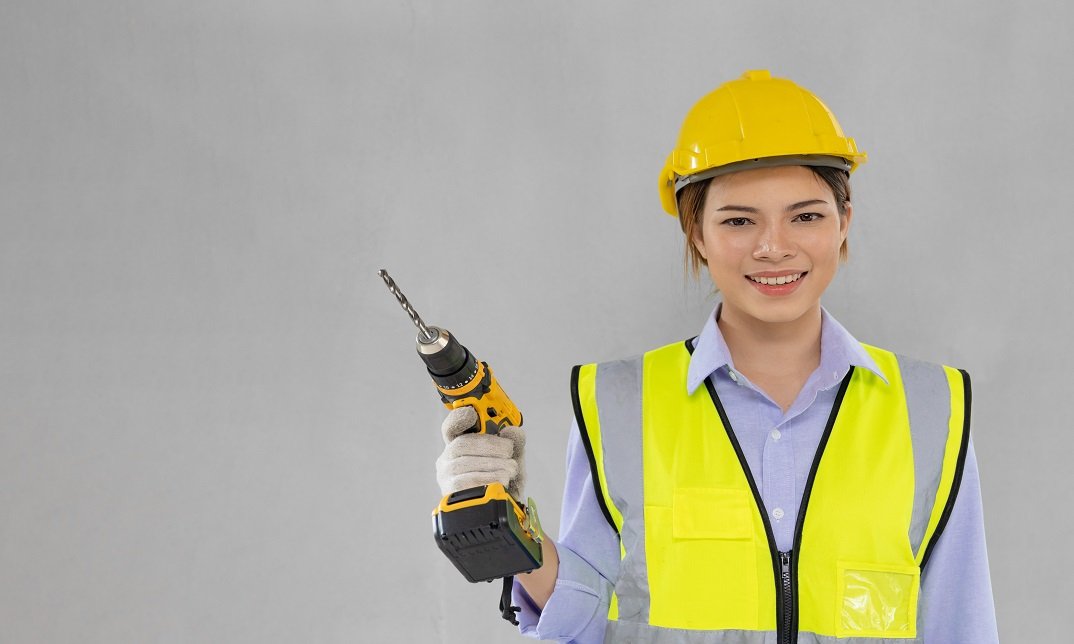No products in the cart.
Are you feeling the heat? As summer temperatures soar, many of us turn to air conditioning for a cool and comfortable day. But before you set up air conditioning, you may be wondering: exactly how much does air conditioning cost? Is it budget-friendly or not?
This blog post will give you an estimate of air conditioning costs, from the unit itself to installation and ongoing expenses. We’ll explore the range of prices you can expect, helping you make informed decisions to stay cool. So, grab a glass of lemonade, and let’s start the chilly world of air conditioning costs!
How much does air conditioning cost?
When considering the installation and operation of an air conditioning system, several factors come to mind, but cost is our main concern. Understanding these factors can help you make an informed decision that balances your comfort needs with your budget. Here’s a detailed budget of the costs associated with air conditioning.

Initial Purchase and Installation Costs
The initial cost of air conditioning includes the price of the unit itself and the installation expenses. This varies widely depending on the type and size of the system.
- Window Units: These are the most affordable option, with prices ranging from $150 to $750. However, it depends on the cooling capacity and more features.
- Portable Units: It can be Slightly more expensive than window units, they cost between $200 and $800.
- Ductless Mini-Split Systems: These systems are more efficient and flexible, with costs ranging from $2,000 to $7,000, including installation.
- Central Air Conditioning: The most expensive option, central AC systems cost between $3,000 and $7,000 for the unit and installation. This price can rise to $10,000 or more for larger homes or systems with higher efficiency ratings.
Operating Costs
The cost to operate an air conditioning system depends on energy consumption, local electricity rates, and usage patterns.
- Electricity Usage: Air conditioners are rated by their Seasonal Energy Efficiency Ratio (SEER). Higher SEER ratings mean better efficiency. For example, a central AC unit with a SEER rating of 16 can cost approximately $0.10 to $0.20 per hour to run, depending on electricity rates.
- Monthly Bills: On average, running a central AC system can add $50 to $150 to your monthly electricity bill during peak summer months. Window and portable units, being smaller, typically add $20 to $50 per month per unit.
Maintenance and Repairs
Regular maintenance and occasional repairs are necessary to keep your air conditioning system running efficiently.
- Routine Maintenance: AC systems require yearly maintenance, including cleaning coils, changing filters, and checking refrigerant levels. This costs between $100 and $200.
- Repairs: Costs for repairs can vary widely. Minor repairs, such as replacing a capacitor, can cost $100 to $200. However, major repairs, like fixing a refrigerant leak or replacing a compressor, can range from $500 to $2,000.
Additional Considerations
- Energy Efficiency Incentives: Some regions offer tax incentives for installing high-efficiency systems. Check with local utility companies or government programmes for potential savings.
- Climate Impact: The local climate can significantly impact both installation and operating costs. Hotter climates increase usage, leading to higher operating costs.
- Home Insulation: Well-insulated homes retain cool air better, reducing the workload on your air conditioner and lowering operating costs.

How can I save money on air conditioning?
Air conditioning is a wonderful comfort during hot summers, but it can also lead to a not-so-cool surprise on your electricity bill. Here are some tips to help you stay comfortable and keep your wallet happy:
- This might seem obvious, but it’s worth mentioning. Every degree you raise your thermostat can lead to significant savings. The U.S. Department of Energy recommends setting your thermostat to 78 degrees Fahrenheit (25.5 degrees Celsius) when you’re home.
- Windows are a major source of heat gain in your home. Consider planting trees or shrubs around your house to provide shade for windows.
- Ceiling fans are a lifesaver! While they don’t actually lower the air temperature, they create a windchill effect that makes you feel cooler. Just ensure your fan is rotating counter-clockwise during the summer to push cool air down.
- Your air conditioning is battling the elements outside, but it shouldn’t be fighting leaks inside your house. Check for air leaks around windows, doors, and electrical outlets. Sealing these leaks can prevent cool air from escaping and force your AC to work harder.
- A well-maintained air conditioner runs more efficiently. Schedule regular maintenance checks with a qualified technician to ensure your unit is clean and operating at peak performance. A clean air filter is essential for optimal airflow.
- If you have a programmable thermostat, use it to your advantage! Programme the AC to turn off when you’re not home and adjust the temperature slightly before you return.
- Take advantage of cooler nighttime temperatures. Open windows and use fans at night to cool down your house naturally. Close windows and curtains during the day to trap cooler air inside.
- Enrolling in our HVAC course at Wise Campus, you don’t have to hire any technicians for any basic work. Therefore, you can save money on HVAC work.
How often should air conditioning be serviced?
Regular servicing of your air conditioning system is essential to keep it running efficiently and to prolong its lifespan. Most air conditioning systems should be serviced by a professional at least once a year, preferably in the spring before heavy summer use. Here’s what this typically includes:
- Cleaning and Inspecting: Removing debris and dust from the unit and its components.
- Checking Refrigerant Levels: Ensuring the system has the correct amount of refrigerant.
- Air Filter Maintenance: Replacing or cleaning the air filter.
- Thermostat Check: Ensuring the thermostat is accurate.
- Electrical Inspection: Checking for any loose or damaged connections.
- Give Oil in Parts: Reducing friction in moving parts.
- System Controls: Ensuring the system starts, operates, and shuts off properly.







